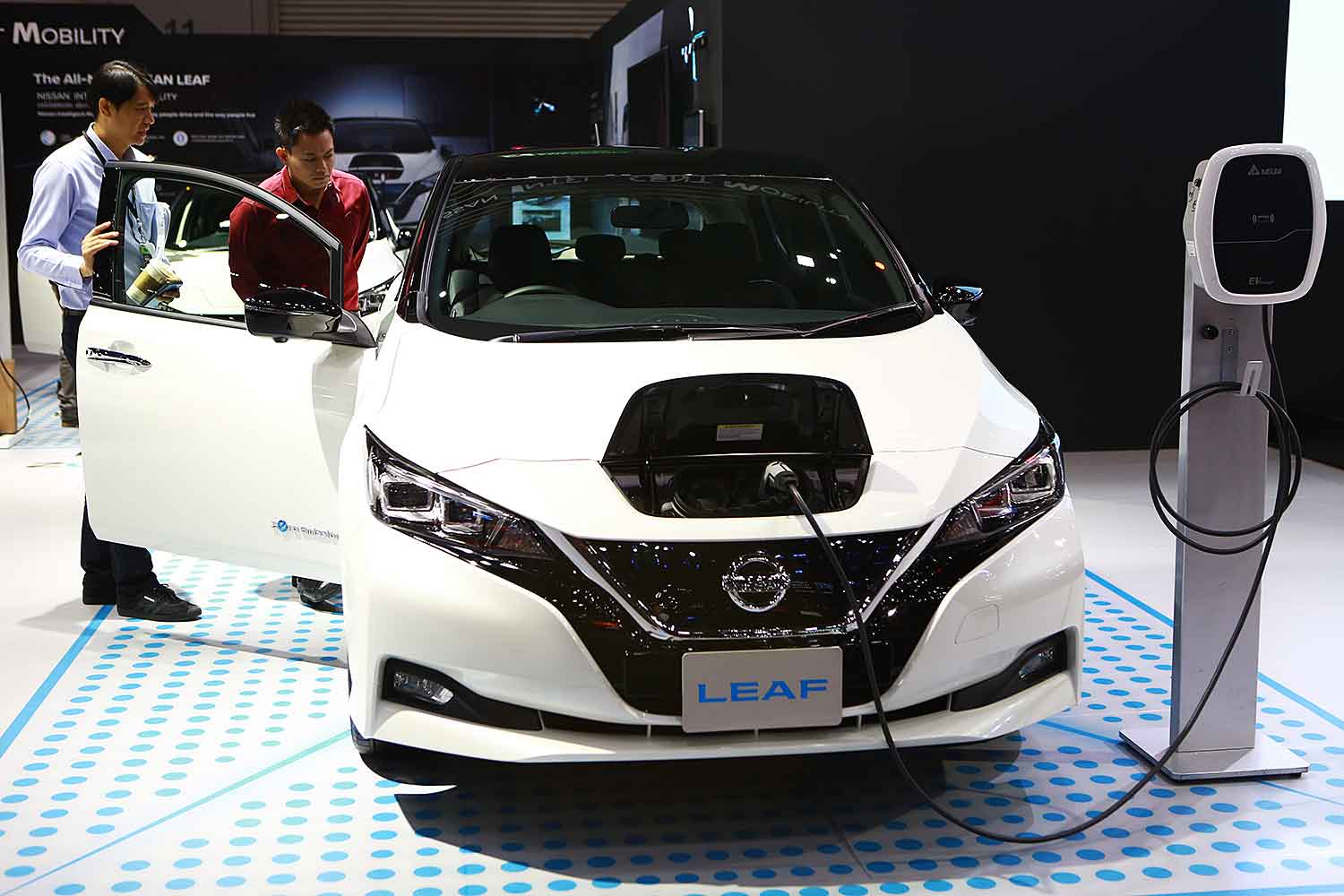
The Electric Vehicle Association of Thailand (EVAT) is calling for the government to take more serious action in developing the country's electric vehicle (EV) roadmap to create a local market that can catch up with rapid improvements in electrified cars globally.
EVAT proposed eight actions to promote the EV market, expecting to turn Thailand into an EV society and reduce carbon dioxide emissions from the transport sector.
Yossapong Laoonual, president of EVAT, said the government will play a major role in the shift from internal combustion engine (ICE) cars to EVs, as it expects to promote Thailand as a global EV hub by 2036 with 1.2 million EVs on local roads with 690 charging stations.
EVAT said the first government action needs to be preparation of an EV roadmap and integrated work from relevant ministries.
"Thailand has a plan and a goal, but it does not have deadlines and ministries are working on EV policies separately," he said.
"EVAT also proposes establishment of an integrated policy committee, chaired by the prime minister or deputy prime minister, to streamline all ministries' works in the same direction."
The second action is the government should consider amending various laws such as allowing electric tuk-tuks and taxis to be registered using clear rules and without hassle.
The third action is to promote the use of EVs in all aspects -- introducing personal income tax reductions and non-financial incentives for EV buyers. EV prices should be narrowed to a similar level as ICE cars, with affordable prices of 700,000-800,000 baht.
"State agencies should purchase battery EVs and expand EV use for public transport," said Mr Yossapong.
"Our purpose is to create public awareness and participation of drivers in reducing pollution and preserving the environment, as Thais are suffering from pollution every year."
The fourth action is to request other investment privileges for motorcycle makers to localise production of electric motorcycles because current EV policies emphasise cars, pickups, trucks and buses.
Other actions consist of promoting Thai entrepreneurs in EV development; initiating standards for EVs and related components; expanding charging stations for EVs across the country; and providing professional courses on EVs in educational institutions.
Mr Yossapong said EVAT will soon meet with related state agencies and ministries to outline all eight actions for an EV roadmap. The government has promoted the EV industry since March 2017, launching investment privileges for companies and listing EVs as an S-curve industry.
Investment privileges from the Board of Investment expired in 2018, attracting roughly 20-30 applications from many companies including carmakers, components manufacturers and newcomers in the EV industry.
He said the current scheme has lured mostly manufacturers, but there are less incentives for the demand side and potential buyers.
"New EV registrations are gradually increasing every year, but they are still limited to EVs on local roads," he said.
The Land Transport Department reported new registrations of plug-in hybrid and hybrid EVs in the first half reached 15,366 units. In 2018, both types of EV totalled 20,344 cars.
For battery EVs, there were 420 new registrations from January to June.